Agriculture is a leading driver of deforestation. But Ecosia’s reforestation project in Senegal proves that we never have to choose between forests and fields. When trees and agriculture coexist, people thrive. Join our movement by installing Ecosia today.
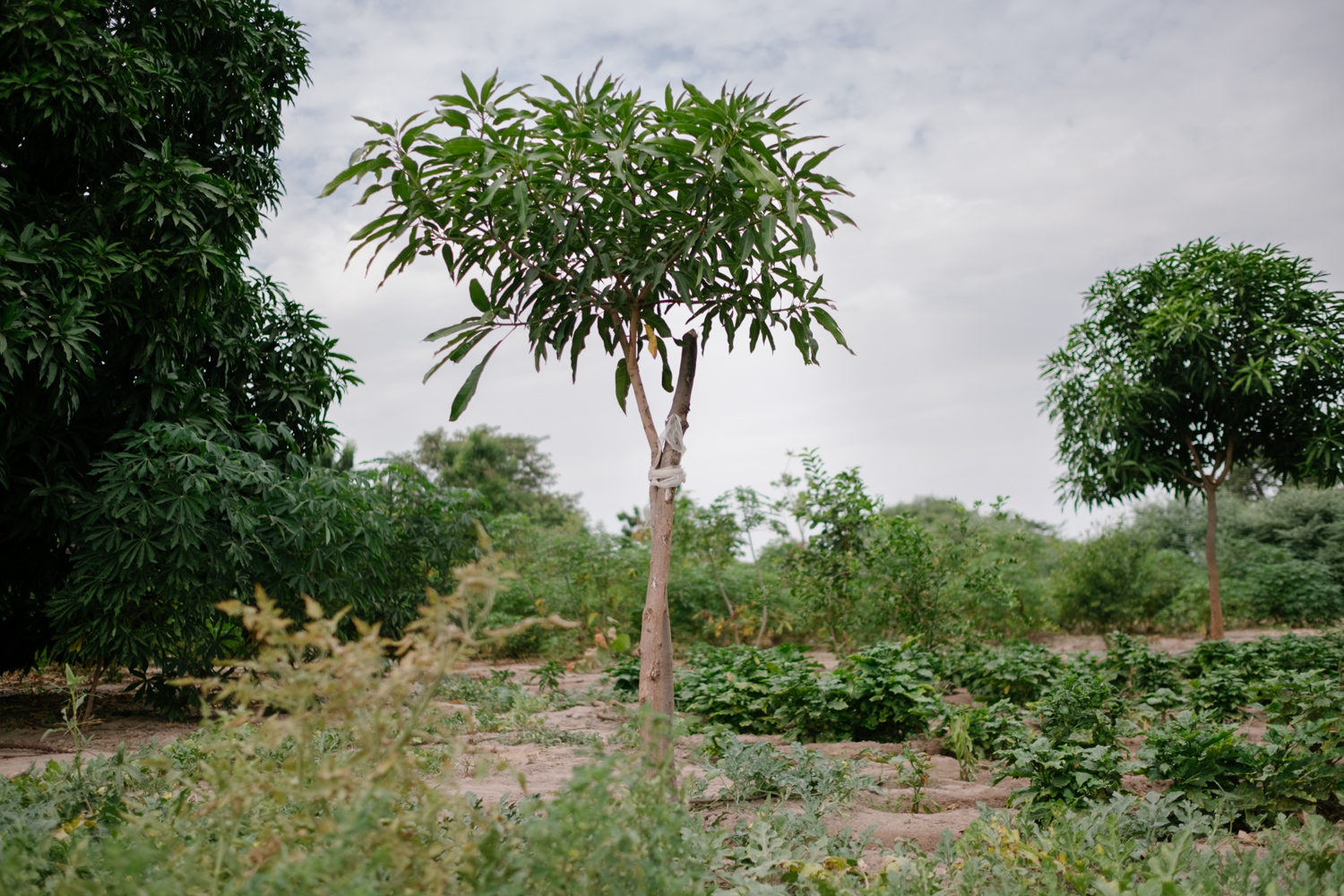
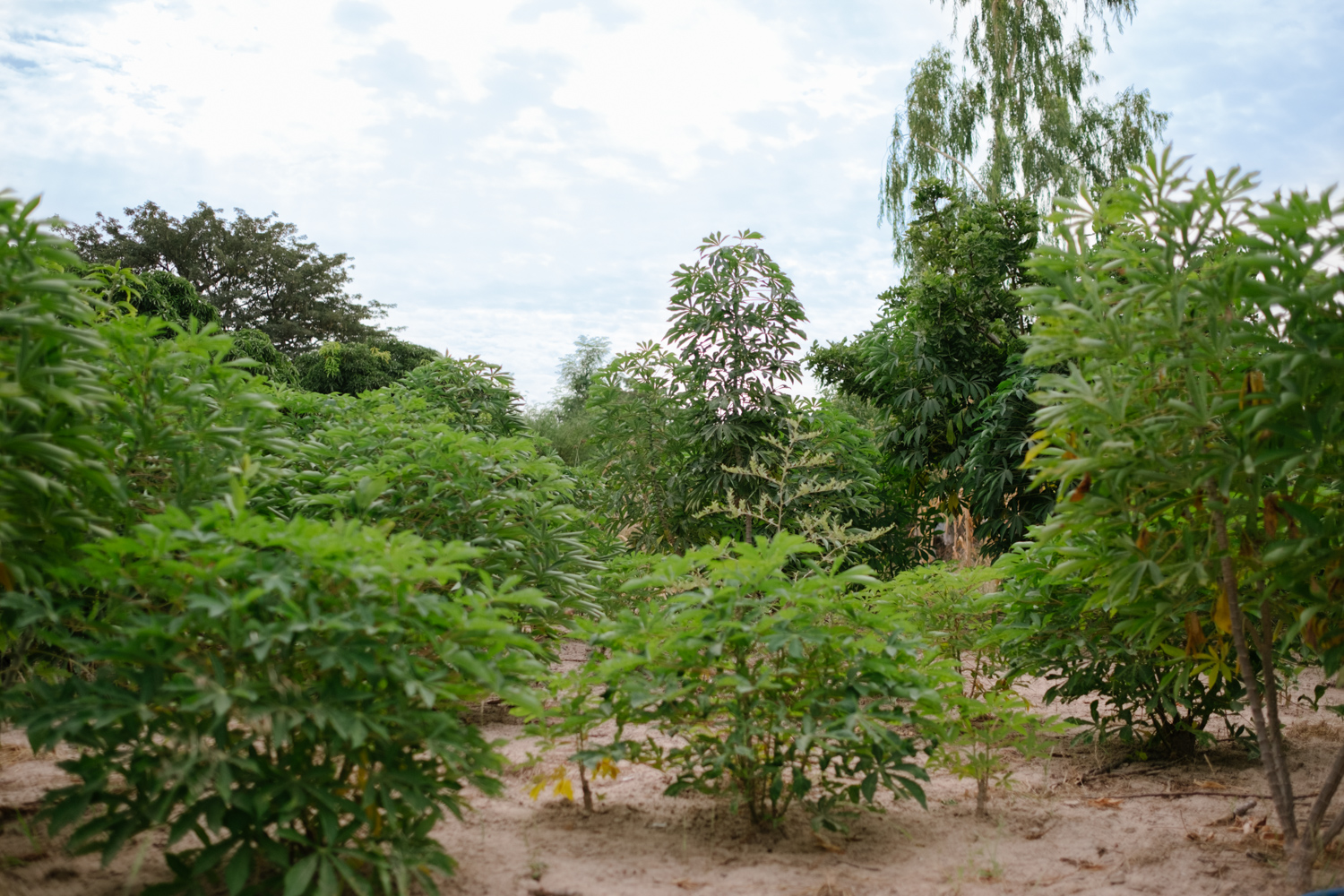
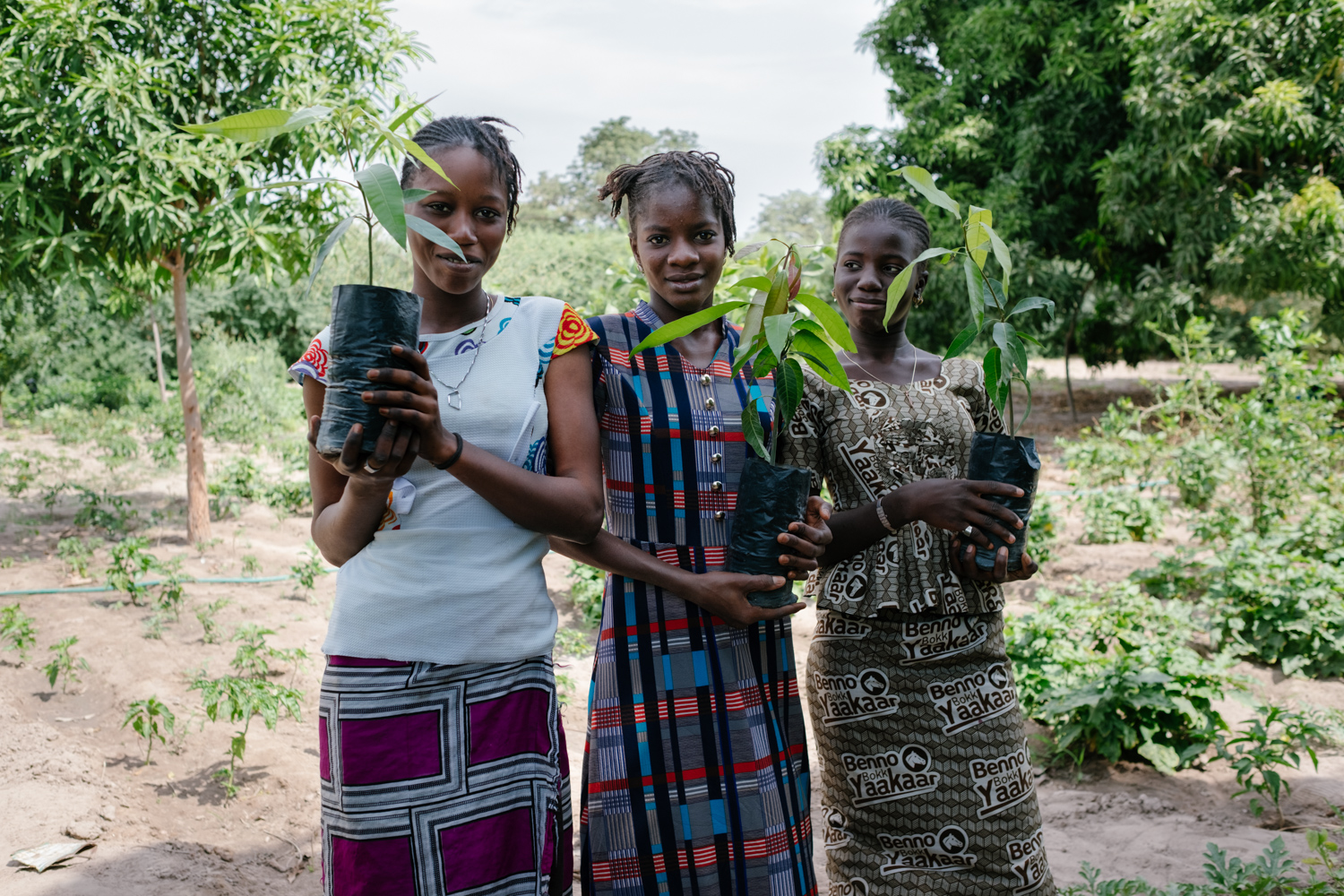
The problem with monocultures
Together with our local partner, Trees for the Future, we’re helping 300 farmers transform their single-crop fields into “Forest Gardens”. Monocultures – a colonial introduction – rely on pesticides and deplete the soil. When the crop fails, there’s no harvest at all.
Enter the forest garden
A forest garden is a different story. Unlike a monoculture, it consists of up to 4,000 trees and many different fruit and vegetable species. The trees create a protective microclimate, provide shade and moisture in the dry season, and protect the crops from the wind and animals. A forest garden revitalises the soil, enhances biodiversity, and is able to capture 62.8 metric tons of carbon per hectare!
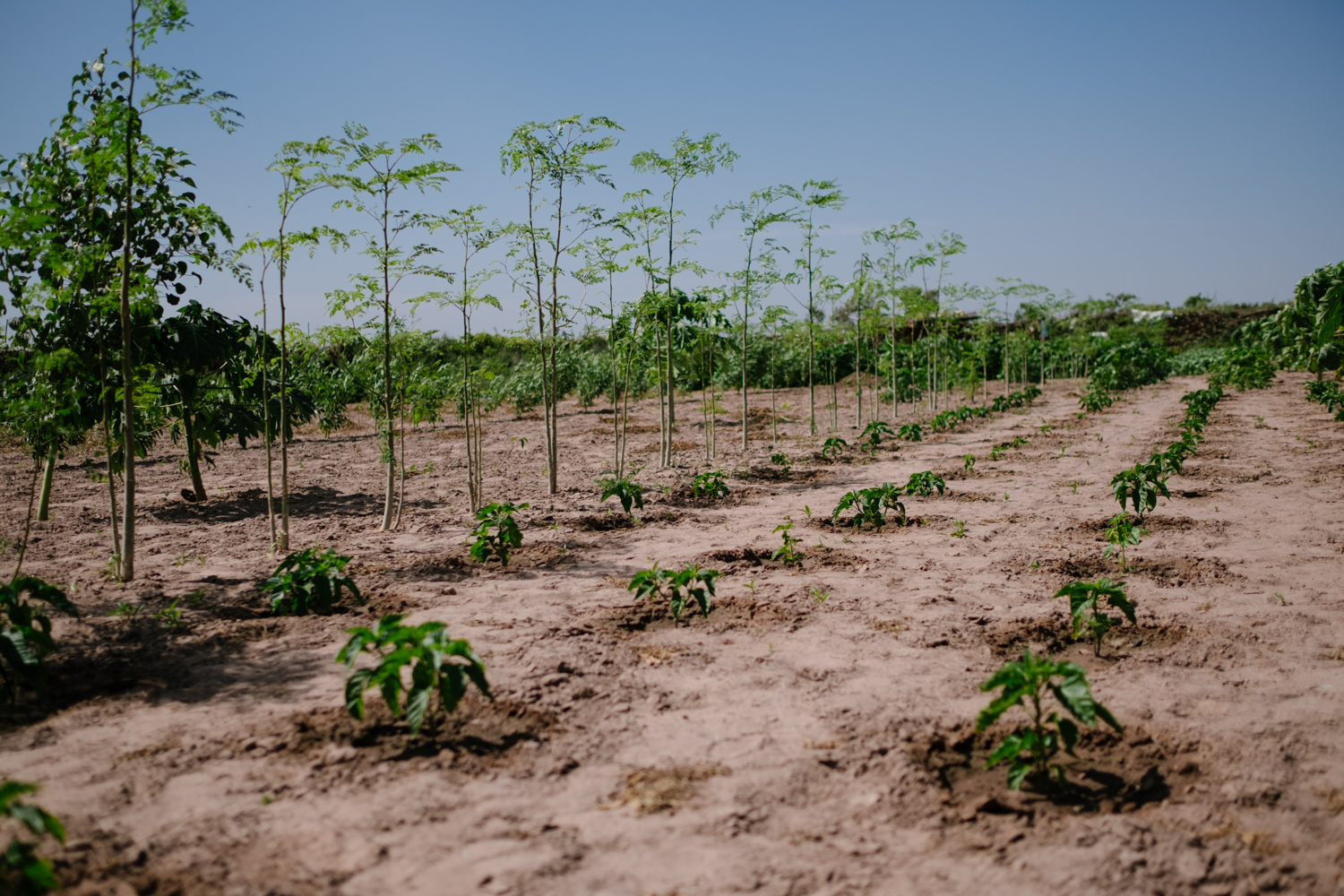
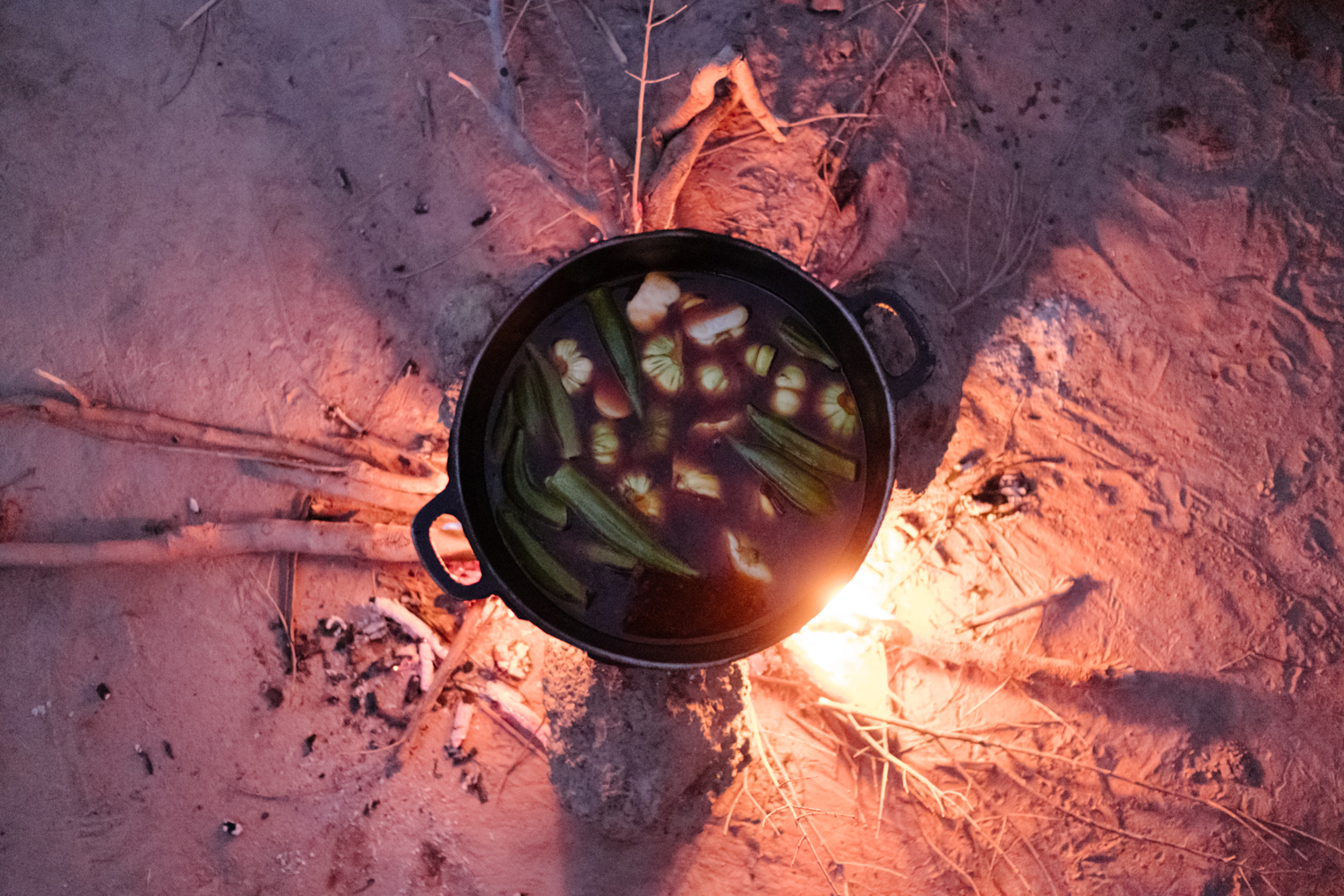 This stew (called Thiéboudienne) is made entirely of vegetables that are growing alongside your trees.
This stew (called Thiéboudienne) is made entirely of vegetables that are growing alongside your trees.
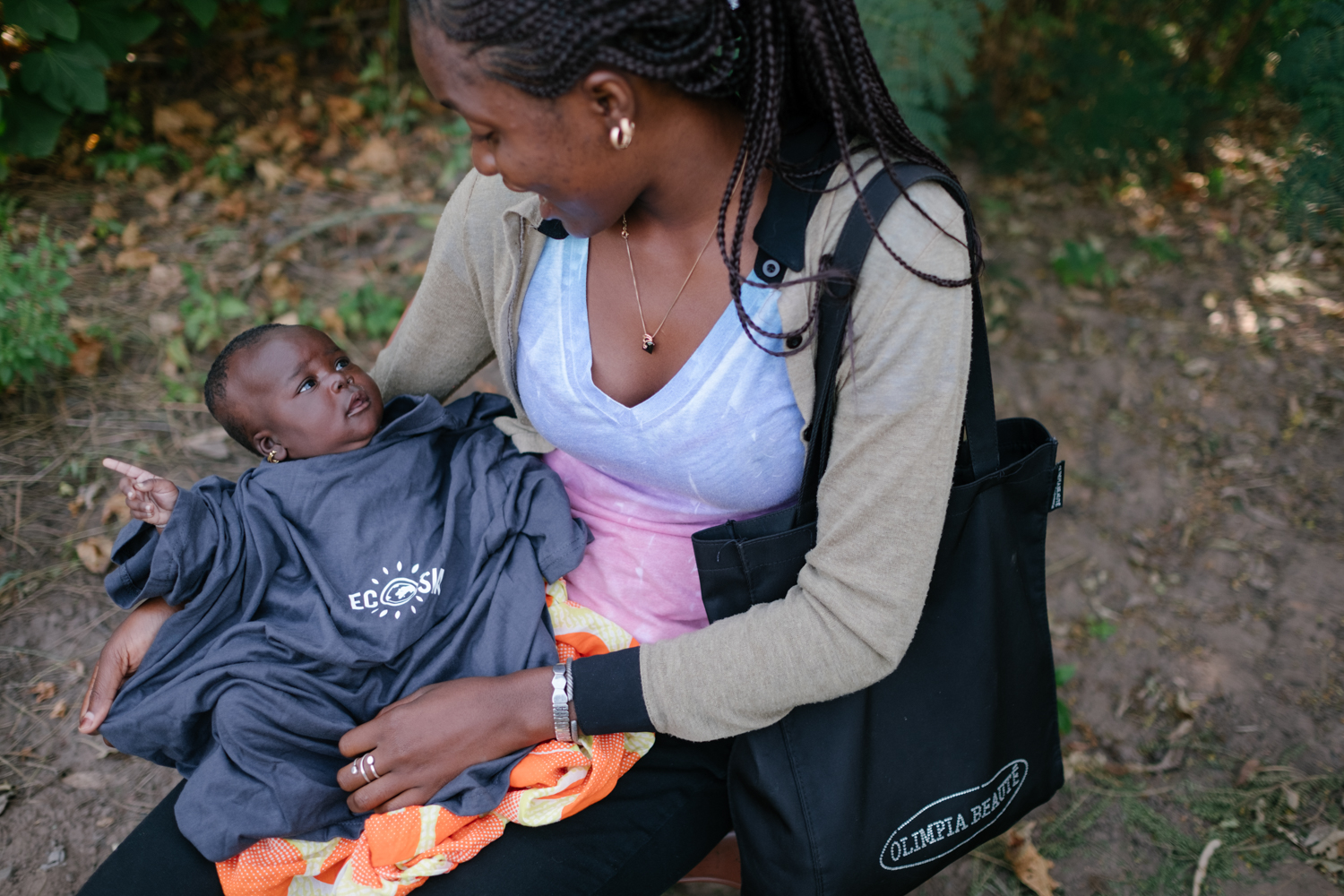 Fatoumata (right) is part of the local tree-planting team in Senegal. As a sociologist, she’s perfectly equipped to understand farmers’ needs and communicate the benefits of planting trees in and around their farms.
Fatoumata (right) is part of the local tree-planting team in Senegal. As a sociologist, she’s perfectly equipped to understand farmers’ needs and communicate the benefits of planting trees in and around their farms.
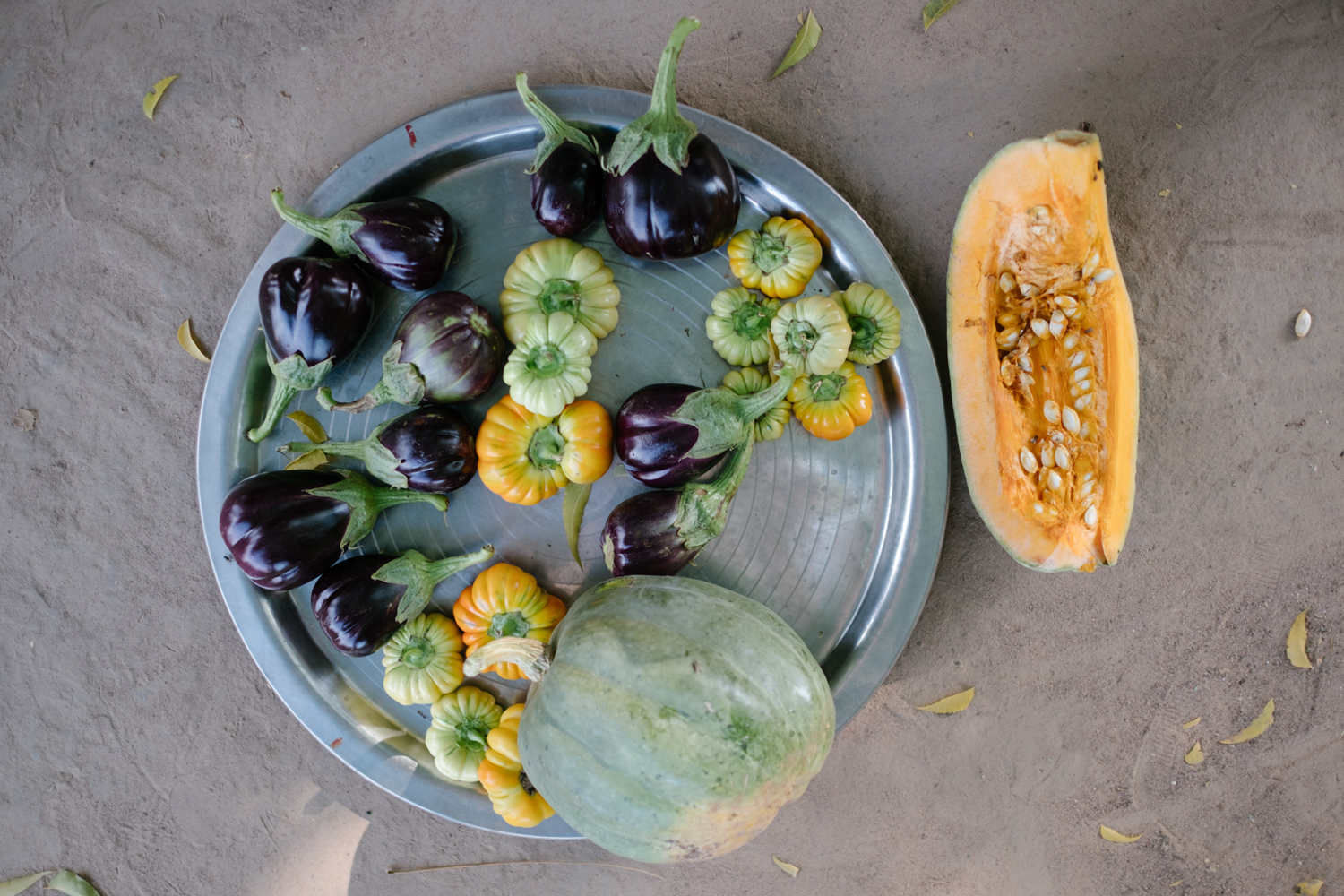
Better for families
The gardens your searches are planting around Kaffrine and Koungheul are not just cooling the climate, however: they’re also helping countless families improve their future. Growing more (and more diverse) food improves their health and allows them to sell the surplus.
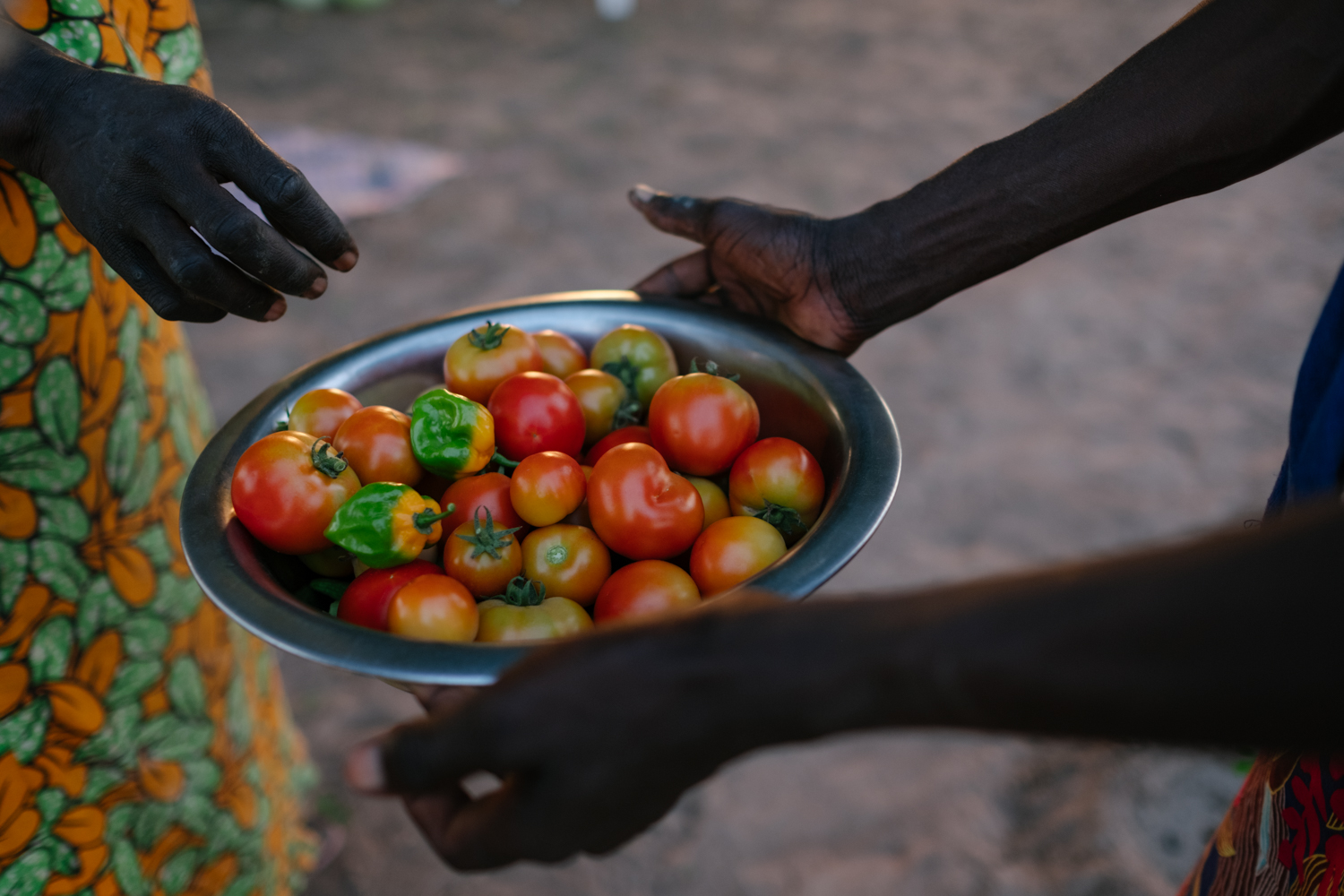
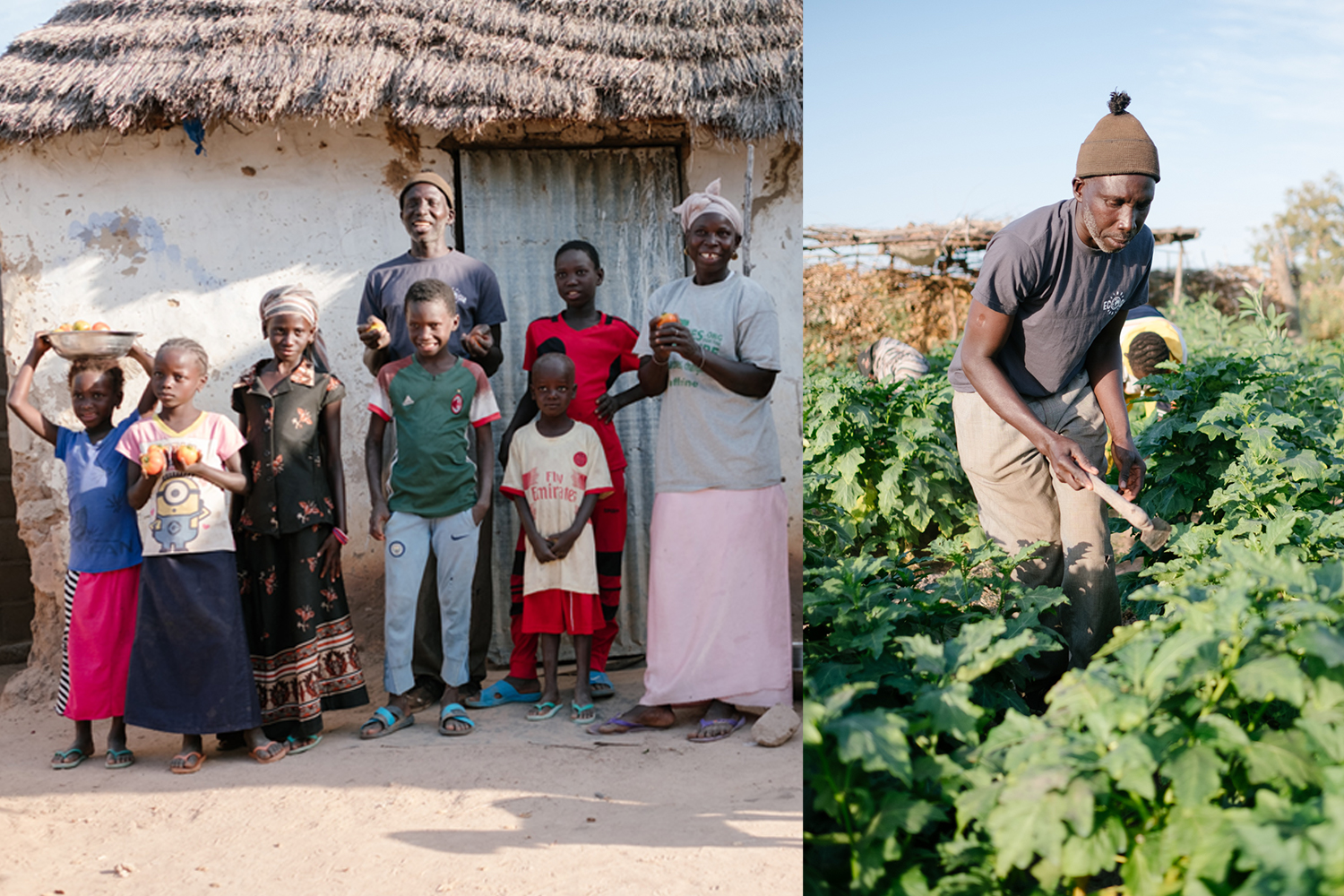
“Now that I have a forest garden, I can help my family when someone’s sick, my wife can sell some of our produce on the market, and we can save money. The forest garden will just keep growing if I work hard.”
- Mr. Seck (above)
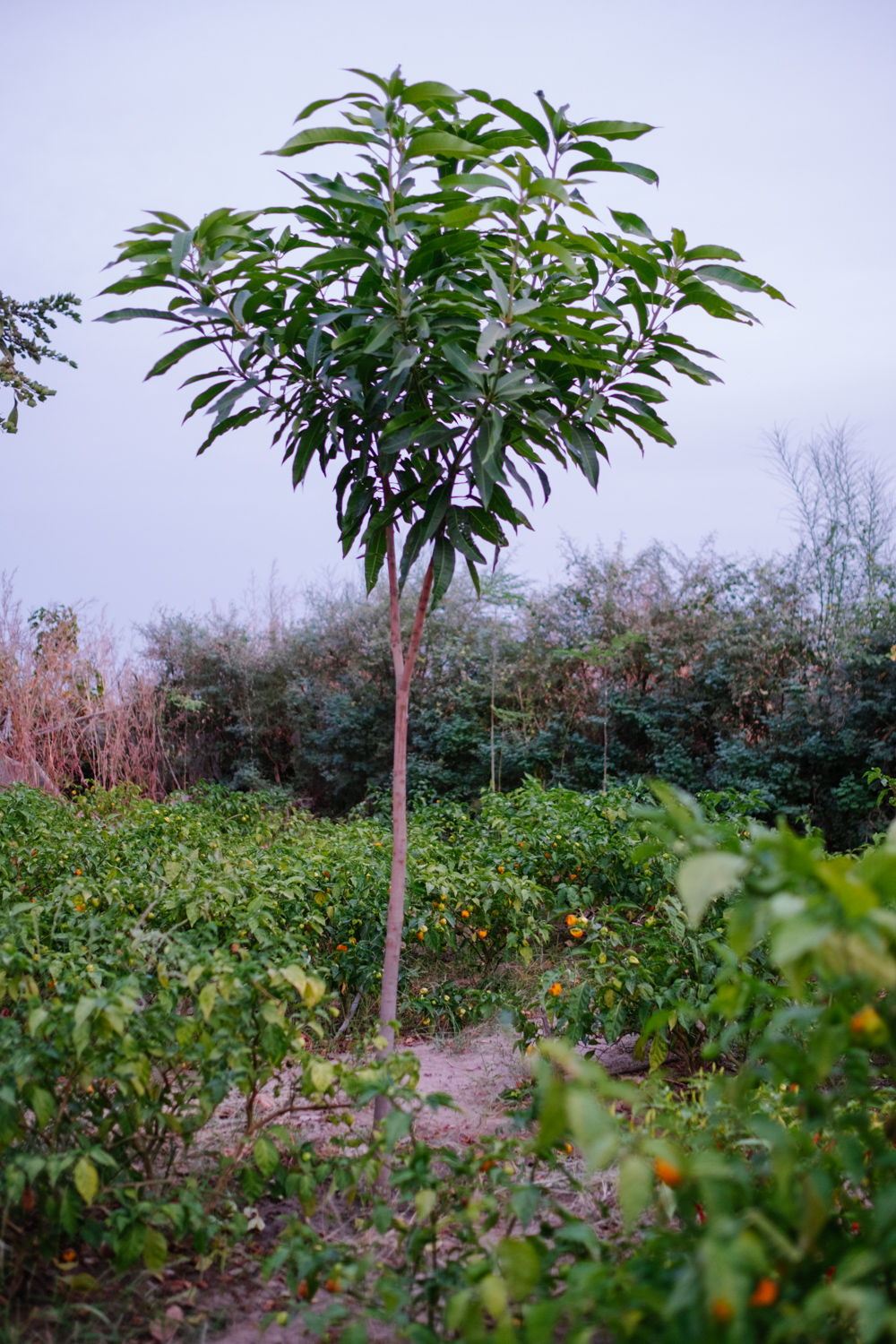
Here’s what that means in numbers. Peanuts and maize monocultures generate a maximum of $200-400 per acre, while a forest garden can generate up to $2,000. This additional income helps families cover essentials such as school fees and medical bills. Crucially, families are now able to produce and sell food year-round, even in the dry season.
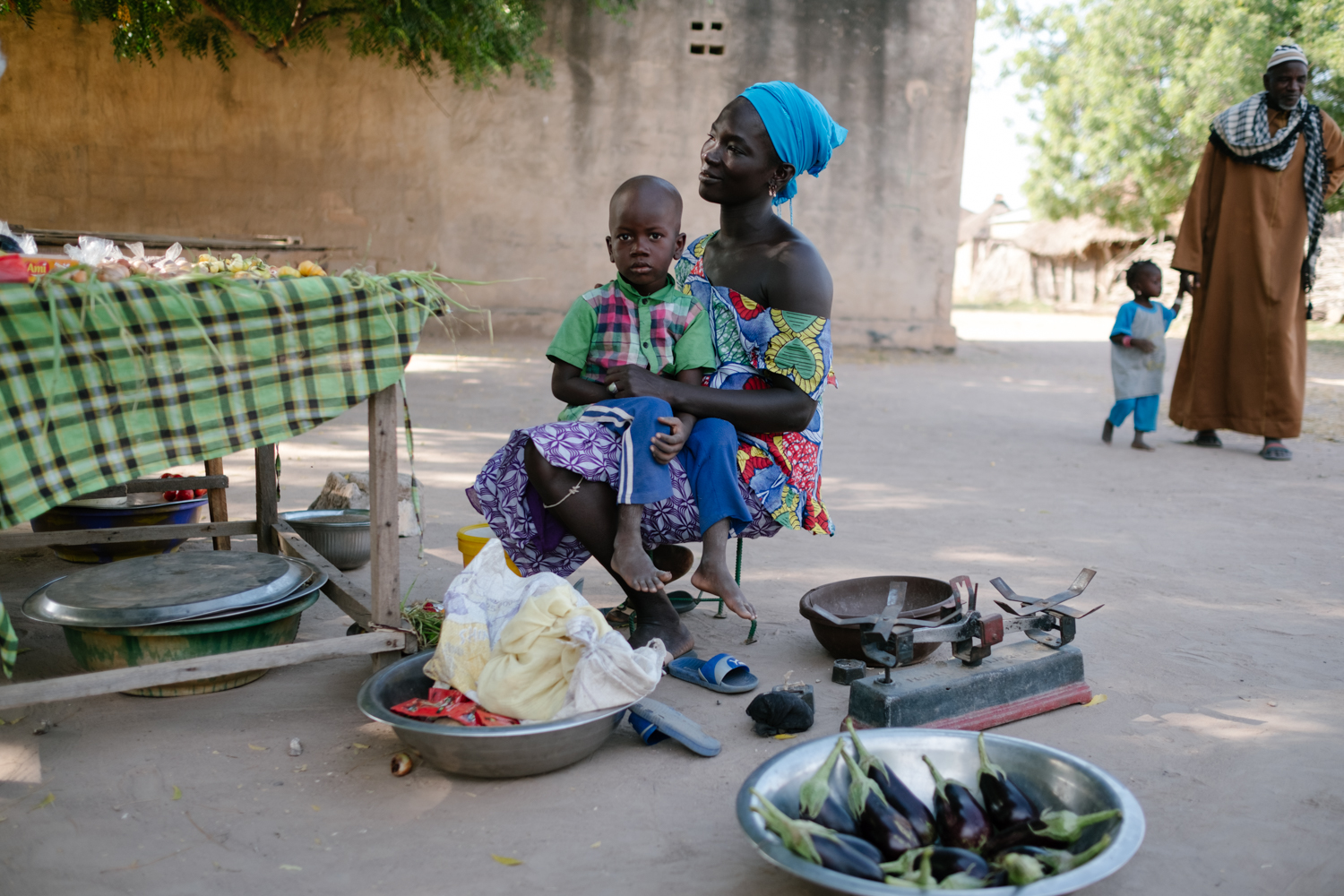
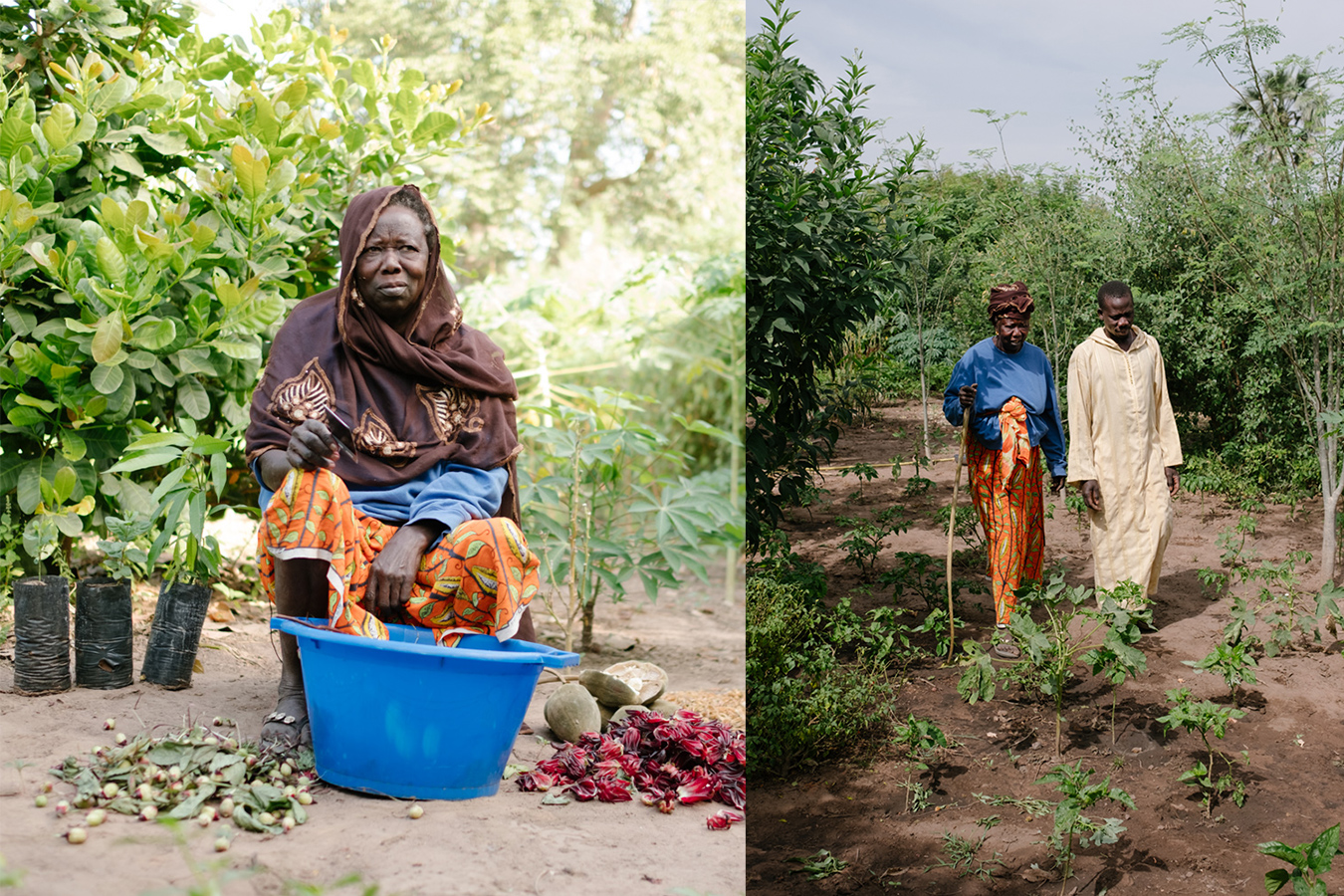 Mame, above, wanted to cultivate a forest garden, but her husband didn’t approve. Yet planting trees and veggies together made a lot of sense, so she did it anyway. Now her garden thriving, and her son (right) no longer has to go to the Senegalese capital, Dakar, to find work.
Mame, above, wanted to cultivate a forest garden, but her husband didn’t approve. Yet planting trees and veggies together made a lot of sense, so she did it anyway. Now her garden thriving, and her son (right) no longer has to go to the Senegalese capital, Dakar, to find work.
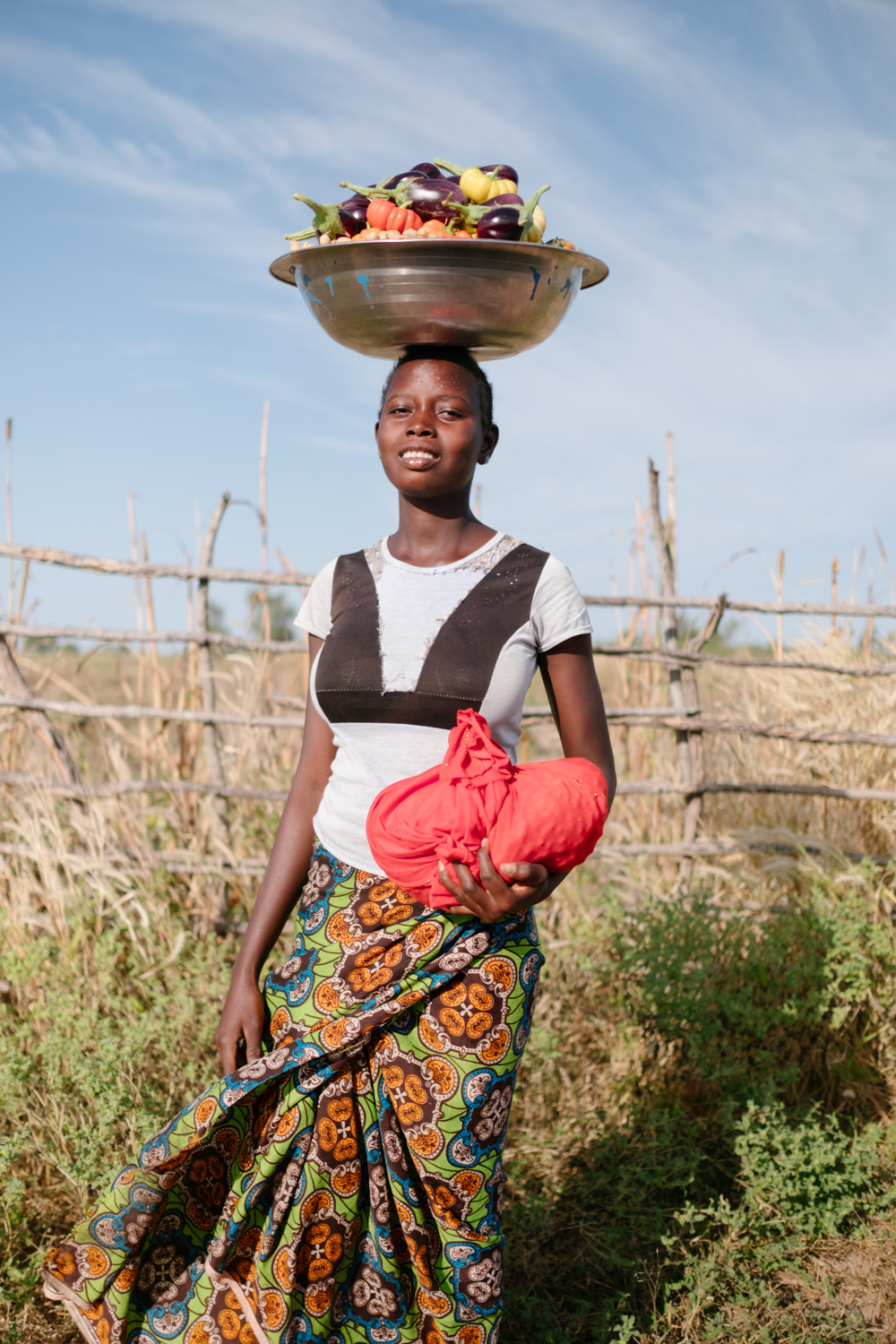
Thanks to your searches, 1.2 million trees are being planted in Senegal. We're adding 750,000 trees to Ecosia's tree counter, which is our conservative estimate of how many trees will survive the challenging Sahel climate for more than three years.
